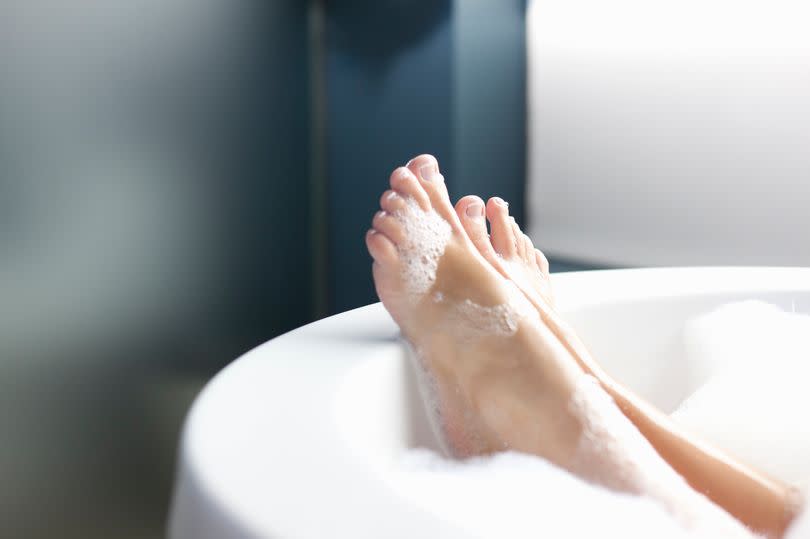Scientists say hot baths can help you sleep better in hot weather

You might be accustomed to cooling down with a quick cold shower or staying hydrated with chilled drinks during the summer heat. However, when temperatures soar, it may seem backward to be advised to take a hot bath - but there's a scientific reason behind this seemingly odd advice.
Healthline reports that a study found taking a hot bath about 90 minutes before bedtime could help people fall asleep faster. It may seem strange to immerse yourself in hot water when it's scorching outside, but there is science to back it up.
The research was conducted by Shahab Haghayegh, a PhD candidate in the department of biomedical engineering at The University of Texas at Austin. The team carried out a systematic data analysis assessing research linking bathing, water temperature, and sleep quality.
They examined 5,322 studies and used around a dozen with robust methodologies to form their conclusions. Their results suggest that taking a bath one to two hours - ideally, 90 minutes - before bed in water at 104 to 109F (40 to 43C) can help individuals achieve optimal sleep quality.
Bathing at that specific time and temperature can help you fall asleep an average of 10 minutes quicker than usual.
Another study published in the Sleep Medical Reviews journal revealed that both sleep and body core temperature are regulated by the brain's circadian clock, which controls our 24-hour sleep-wake cycle. Our body temperature is at its lowest when we're asleep, and a drop in body temperature after a bath can help prepare us for sleep.
However, taking a cool bath or shower before bed could have the opposite effect, leading to a restless night. Research supported by the Sleep Foundation found that cold showers might not improve sleep due to the stimulating properties of cold water, which increase levels of cortisol and norepinephrine in the body.
Cortisol plays a role in increasing alertness levels, and typically, cortisol levels in the body decrease in preparation for sleep. In one study, participants compared the energy boost from a cold shower to the effects of consuming caffeine.

 Yahoo News
Yahoo News 
